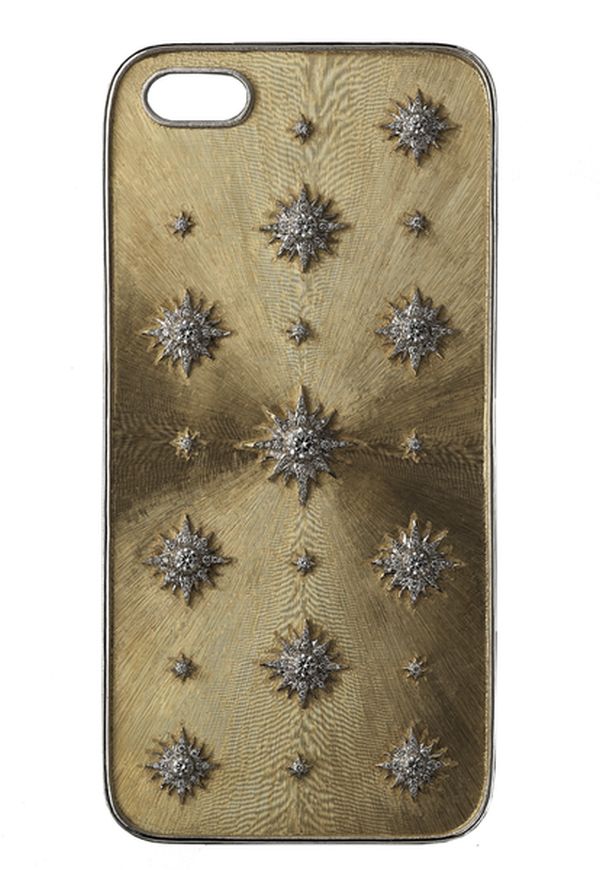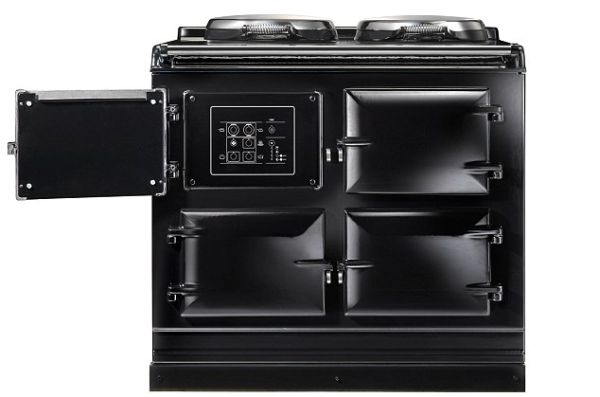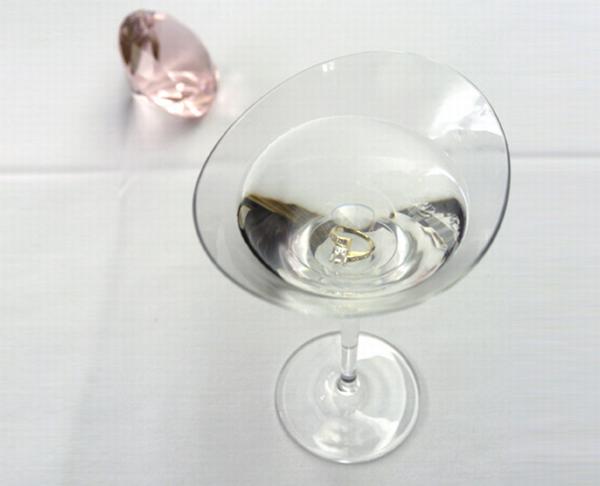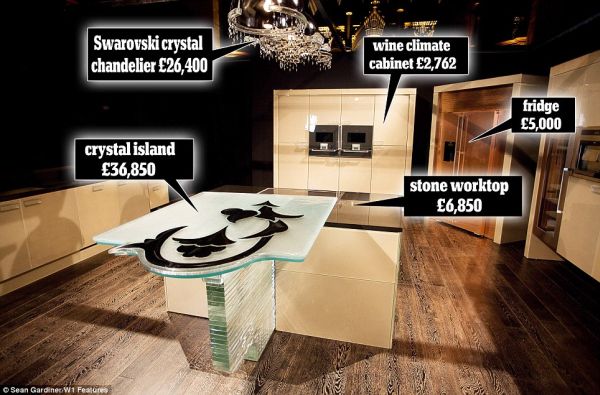Italian luxury jeweler Buccellati has a long history behind them and is known for their traditional craftsmanship. But they are now consciously trying to adapt to the modern times and design products that appeal to the 21st century consumer. They used the platform of Baselworld, the watch and jewelry show to showcase some of their bold new concepts in front of a world audience. Among their new range on display was cases created for iPad and iPhone which they claim to be the world’s most expensive. They have been priced at $485,000 and $208,000 respectively. The cases have been designed by Lucrezia Buccellati, the 25-year-old scion of the founding family of the company.
These one of a kind pieces are not blinged out covers to create the most expensive record but have been made with precious materials and showcases the techniques, traditions and refinement of the Buccellati brand. The cases have been crafted out of gold and feature Rigato etching which is a Buccellati specialty. Parallel lines cut on the surface bring about a sheen effect on the metal. Sunburst designs have been created on the gold surface with white gold and diamonds. Lucrezia, the designer said that Leonardo da Vinci’s drawings of the sun inspired her to create this design. The company logo has been placed very discreetly on the covers.

Buccellati has made cases for phones or tablets for the first time and will be producing them under their Unica brand. Another first by the company is the creation of a collection of engagement rings. The collection has been named Romanza and brings their traditional design and craftsmanship to a younger audience. Lucrezia’s father Andrea is the head designer of the company and they have both jointly created this collection. Some rings feature only one diamond but some of them feature three diamonds. The rings also showcase some of the best techniques used by the jeweler including Rigato and Ornato. There are rings with Buccellati’s signature honeycomb patterns. The Romanza engagement ring collection starts at $10,000.
Via: forbes




